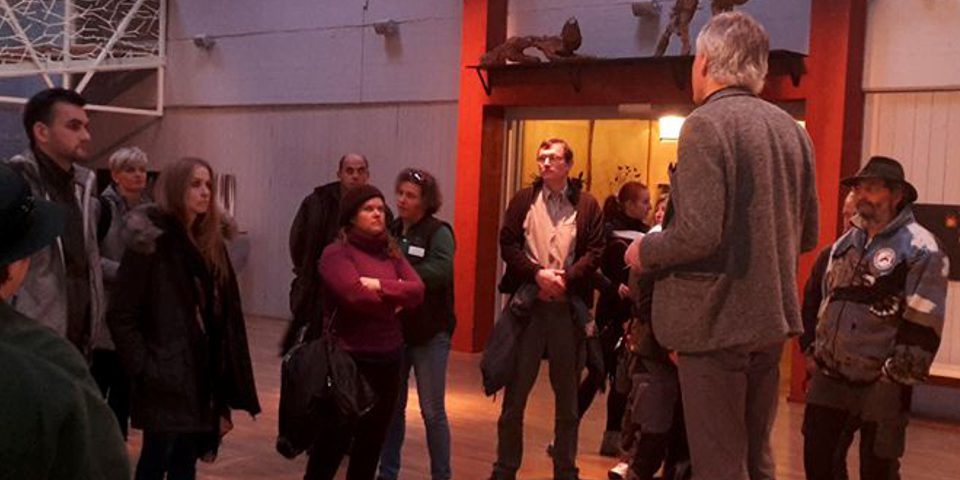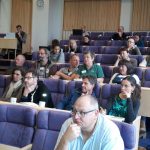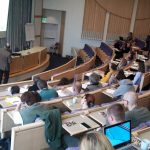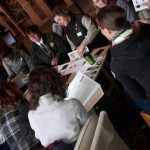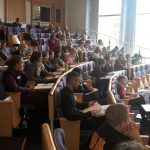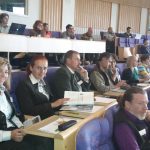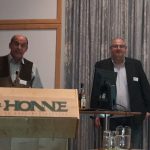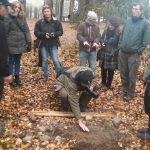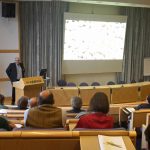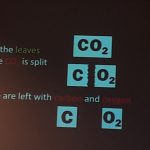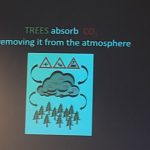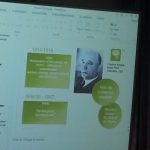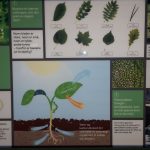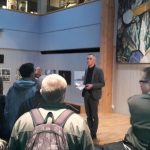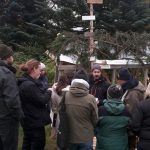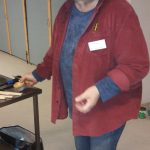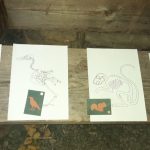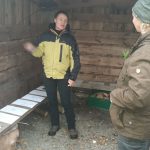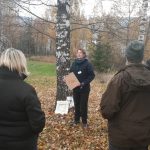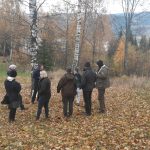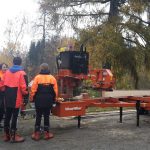The 11th European Forest Pedagogics Congress 2016

Quality improvement tool
1. March 2017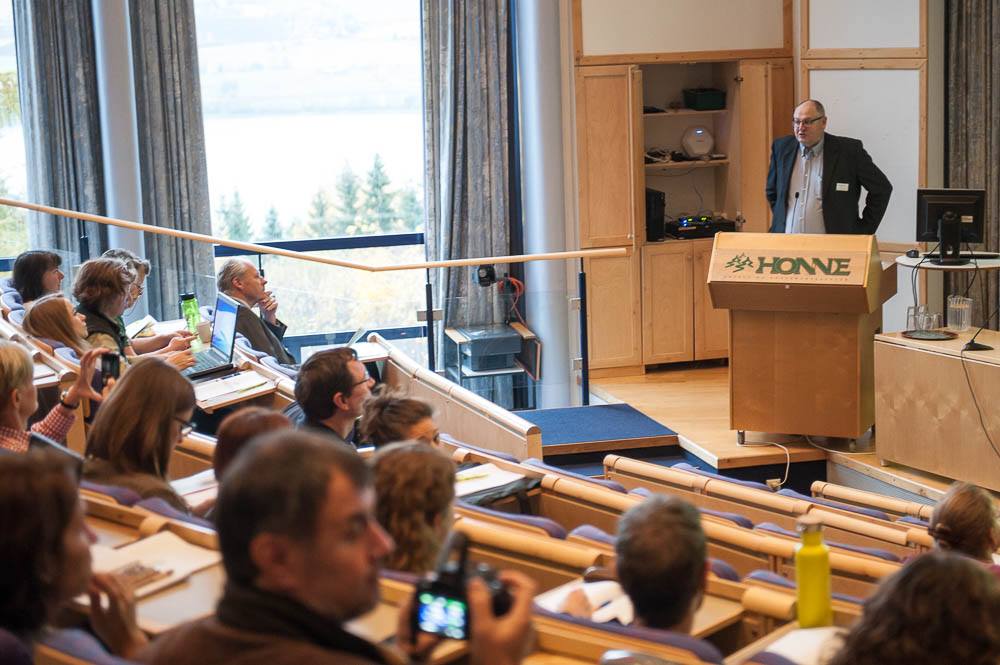
The 11th European Forest Pedagogics Congress 2016
Bio-economy and Forestpedagogics – a great chance for Education for Sustainable Development (ESD)
Biri, Norway, 24. - 26. October 2016
Author: Forestry Extension Institute of Norway
The 11th European Forest Pedagogics Congress in Biri, Norway, gathered 70 participants form 17 nations. The theme of the congress was bioeconomy, and how this can be a chance to focus on the three pillars of sustainable development: economic, ecologic, and social.
In the first keynote of the congress, Jon Bingen took us on an historical journey to explain why bioeconomy is not just a good idea, but also necessary and inevitable. Both for the international economics and politics, it is a good idea to move away from petroleum and towards biomass. Biomass is more evenly distributed, and will give opportunities to more nations.
In our work with the children, this is an opportunity to show them, discuss with them and challenge them on all the possibilities for the future. At the same time, as Victoria W. Thoresen emphasized in her keynote, we must convey to the new generation how nature is a necessary basis. Our forests must be managed in a sustainable matter. This is not only a job for the forest manager, but also for the consumers.
Bioeconomy is very complex matter. To impart the basic knowledges, the challenges, and finally the possibilities of bioeconomy, is a difficult task. Dr. Günter Dobler explained in his keynote how stories can help you convey the whole picture. Using stories could be a way to get your message through.
Bioeconomy is the story of both challenges and possibilities. Hopefully this congress has given us some knowledge, practical experiences, inspiration, and tools to tell this story in our environmental education and in encounters with the public.

